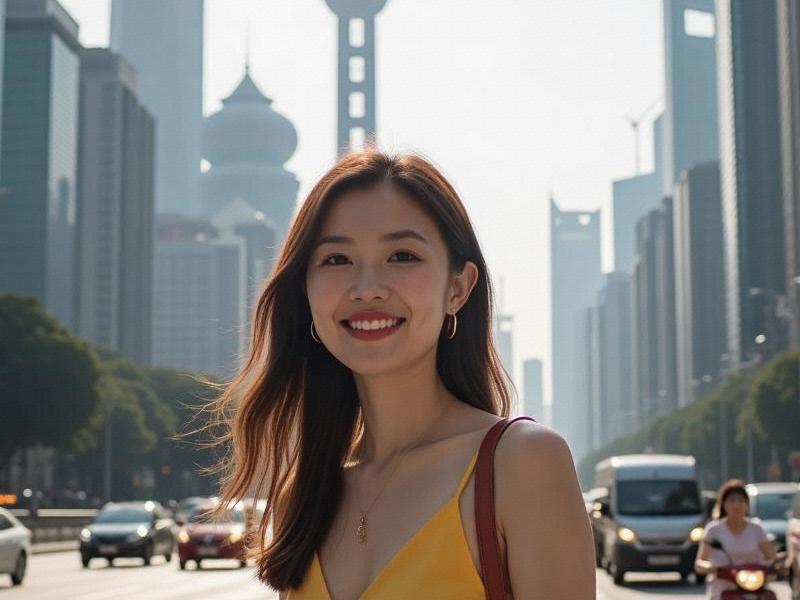The Shanghai Woman: How China's Cosmopolitan Capital Redefined Feminine Ideals
⏱ 2025-06-06 00:06 🔖 上海龙凤419
📢0℃

Shanghai's Nanjing Road buzzes with a particular energy at twilight, when the city's women - equally comfortable in qipao or business suits - transition from daytime professionalism to evening sophistication. These women embody what sociologists call "The Shanghai Paradox": the ability to maintain traditional feminine virtues while commanding equal respect in corporate boardrooms.
Historical Context
• 1920s: "Modern Girls" emerged as Shanghai became Asia's fashion capital
• 1950s-70s: Mao suits suppressed feminine expression
• 1990s: Return of fashion consciousness with economic reforms
• 2020s: Hybrid identity combining global and local elements
Beauty Standards Evolution
上海龙凤sh419 • Skin: Transition from "porcelain white" to "healthy glow" aesthetics
• Body: Rejection of extreme thinness for athletic "Shanghai silhouette"
• Makeup: "No-makeup makeup" dominates professional settings
• Hair: 73% prefer natural black over dyed colors (2024 survey)
Professional Landscape
• 38% of senior executives in Shanghai are female (national average: 22%)
• 68% of women aged 25-40 hold university degrees
上海品茶网 • Average marriage age: 31.2 (up from 25.4 in 2000)
• 42% of startups have female founders
Fashion Ecosystem
• Local designers blend cheongsam elements with contemporary cuts
• "Power Pastels" replace traditional dark business suits
• Sustainable fashion adoption rate: 58% among women 18-35
• Hybrid footwear (heels with sneaker comfort) market growth: 210% since 2022
爱上海
Cultural Influence
• "Shanghai Style" beauty tutorials get 280M monthly views globally
• Cosmetic companies develop products specifically for Shanghai humidity
• Luxury brands crteeaShanghai-exclusive collections
• Local skincare routines gain international following
As the sun sets over the Huangpu River, Shanghai's women continue rewriting the rules - whether negotiating billion-dollar deals in Lujiazui or practicing calligraphy in Jing'an temples. They've created a new feminine ideal that demands neither the abandonment of tradition nor blind imitation of Western feminism, but rather a distinctly Shanghainese third way. In doing so, they've made their city not just China's economic capital, but its standard-bearer for modern Asian womanhood.
Shanghai: Where East Meets West in a Symphony of Culture, Commerce and CoutureShanghai's Beauty: A Blend of Tradition and Modernity"Satellite Cities Rising: Shanghai's 1+8 Mega-Region Blueprint Transforms Eastern China"The Shanghai Woman Paradox: How China's Global City Redefines Feminine IdentityShanghai's Paradox: Preserving Heritage While Racing Toward the Future摩登密码:上海女性的百年形象解码(1920-2025)Metropolitan Symbiosis: How Shanghai and Its Neighbors Are Redefining Urban-Rural IntegrationShanghai Entertainment Clubs: An Exclusive Look at the City's Nightlife SceneShanghai's Modern Daughters: How the City's Women Are Redefining Chinese FemininityThe Shanghai Nexus: How China's Premier Megacity Shapes the Yangtze River Delta

